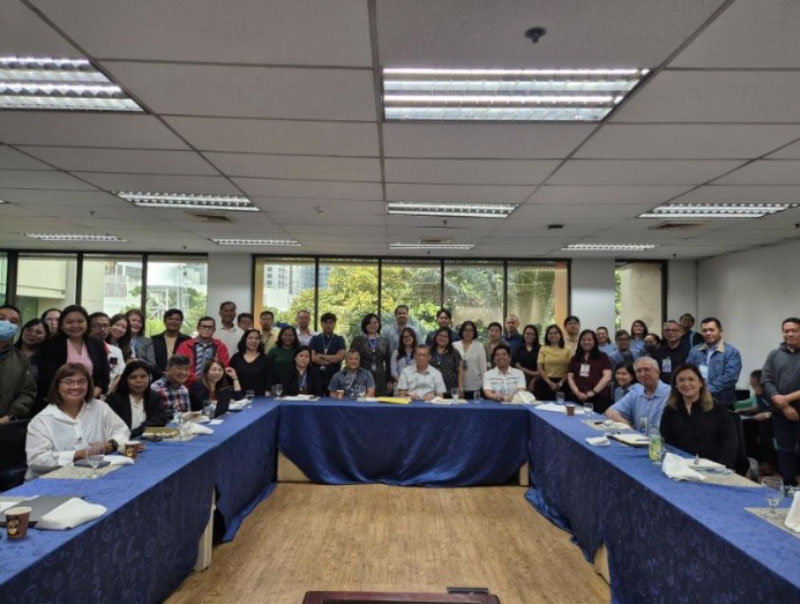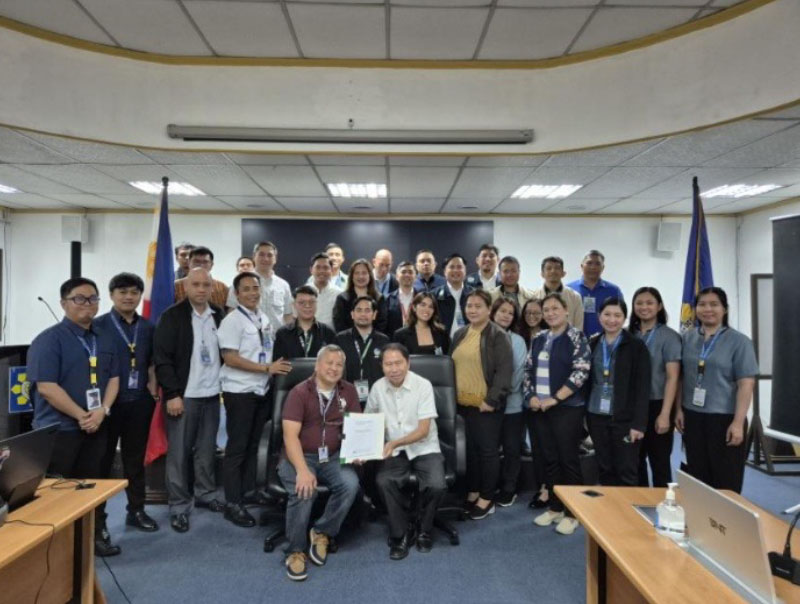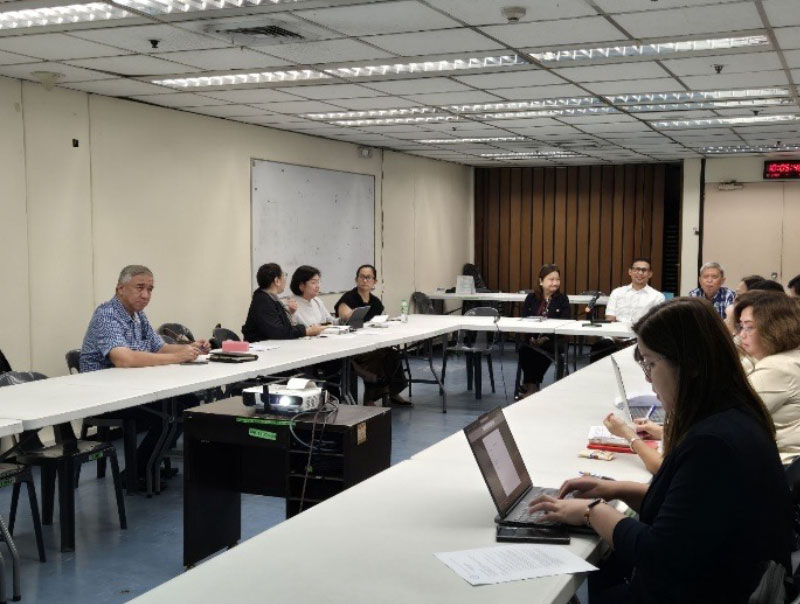At the start of 2025, the Philippine Institute of Petroleum (PIP) has been actively engaging with key government agencies to address industry concerns and collaborate on regulatory developments, that can help improve the country’s energy sector. The series of consultative meetings between PIP and these vital government agencies reflects the institute’s commitment to promoting transparency, compliance, and collaboration. By aligning with the Department of Energy (DOE), the Bureau of Internal Revenue (BIR), and the Bureau of Customs (BOC), PIP aims to shape policies that will not only improve the efficiency in doing business but also contribute to the nation’s energy and country’s economic growth.
The PIP calls for stronger support to curtail fuel smuggling. The PIP met with the BOC Deputy Commissioner Teddy Raval last 24 January 2025 to discuss the direction of the fuel marking program and to reinforce implementation at the retail stations. The Philippine government through the Department of Finance (DOF) launched the Fuel Marking Program in August 2019 to combat oil smuggling in the country thereby generating revenues to finance various infrastructure programs and social investments throughout the nation. The Bureau recently reported P242 billion in duties and taxes that were collected in 2024 under its fuel marking program (Business Mirror, 12 February 2025).
In the said meeting, the PIP and the BOC, together with the other players in the downstream oil industry agreed to strengthen coordination to help address fuel smuggling and improve the fuel marking program. The PIP has been advocating to the BOC to reinforce field testing at the retail sites and promote transparency through the conduct of third-party testing and validation.
The industry pushes for continued tax reforms and improvements. As the BIR plays a crucial role in the collection of taxes and the enforcement of fiscal policies in the Philippines, the PIP’s consultative meeting with the Bureau last 11 February 2025 aims to further streamline policies and compliance with tax regulations in the petroleum industry. The PIP requested to be enlightened on the Bureau’s major policies and programs for 2025 and to share feedback on some of the current tax-related concerns affecting the industry such as those related to tax refunds for jet fuel for international flights and reduction of the corporate withholding tax, and removal of the manufacturer’s and importer’s surety bond requirement, among others.
The PIP Tax Committee has been actively working with the Bureau through a constructive dialogue on industry concerns and reiterated the PIP members’ support to the Bureau’s initiatives to make the tax compliance process clear, simple, and convenient for taxpayers to comply.
The PIP has long been a vital partner of the DOE, particularly in formulating policies that affect the petroleum industry. This has started since the drafting and enactment of the Oil Deregulation Law (RA 8479) in 1998.
The PIP leads the development of petroleum products and facilities standards. Last 13 February and 18 February, the PIP and representatives of its member companies attended the meetings called by the DOE Oil Industry Management Bureau (OIMB) Technical Committee on Petroleum Products and Additives (TCPPA) and the Technical Committee on Petroleum Processes and Facilities (TCPPF), respectively.
The TCPPA meeting highlighted the technical committee’s accomplishments for 2024. The PIP member companies including other oil companies took this opportunity to raise a concern about the inadequate supply and high prices of coconut methyl ester (CME). The CME is derived from coconut oil and is blended to all diesel fuel sold across the country at 3% since October 1, 2024. The prices of CME has doubled after the implementation of a higher biodiesel blend.
The TCPPF meeting, on the other hand, finalized the product national standard (PNS) for LPG Import Facility that will be endorsed to the Bureau of Product Standards for approval. Two of the PIP members, namely Petron and Isla Gas, are active members of the Technical Working Group that facilitated the development of the said PNS.

13 February 2025 TCPPA meeting

18 February 2025 TCPPF meeting and signing of the PNS for LPG Import Terminal

11 February 2025 consultative meeting with the BIR Large Taxpayers Service Group